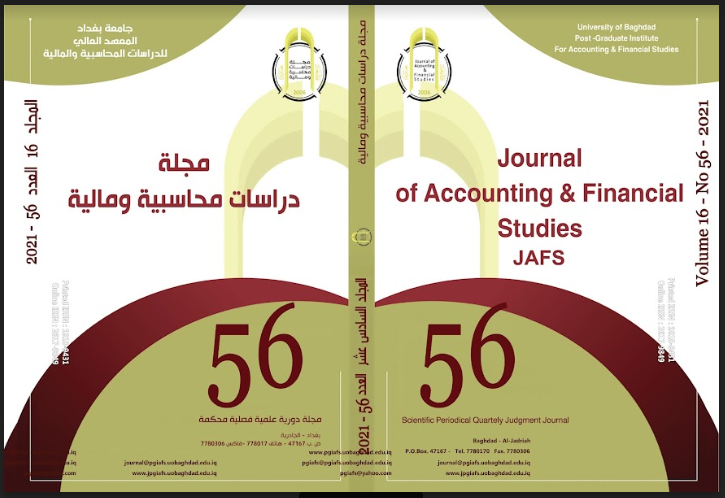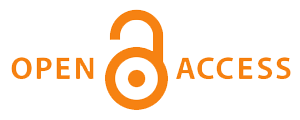The impact of creative accounting practices that are reflected on the sincerity and fairness of financial statements on tax evasion
Keywords:
Creative Accounting, Financial Statements, Tax EvasionAbstract
The research aims to achieve a set of objectives, the most important of which is to educate the management of companies operating in the private sector about the advantages and risks of using creative accounting practices, as on the one hand they serve the interests of the company and improve its image, and on the other hand it exposes it to the risks of non-compliance with tax laws and legislation or the risks of default and bankruptcy as a result of exploiting gaps and flexibility in the application Accounting standards, and in line with the objectives and through the research problem that was formulated in the form of a question (Are their creative accounting practices that are reflected in the honesty and fairness of financial statements lead to an increase in tax evasion) the researcher seeks to test the main research hypothesis and the sub-hypotheses, and to achieve a designed questionnaire that was distributed According to the research sample, statistical methods were used to clarify and analyze the results of the questionnaire, and the researcher reached a set of conclusions, the most important of which are: Most of the responses of the research sample individuals were in favor with a high percentage that creative accounting practices have a significant impact on the fairness and validity of the financial statements and lead to an increase in tax evasion Finally, the researcher recommends a number of recommendations, the most important of which is working to provide the requirements and requirements he needs Here corporate accountants so that their accounting creativity is within the limits of accounting laws and standards and in a manner that does not affect the fairness and validity of the financial statements and tax evasion.
Downloads
Published
Issue
Section
License
The copyright is transferred to the journal when the researcher is notified of the acceptance of his research submitted for publication in the journal.



